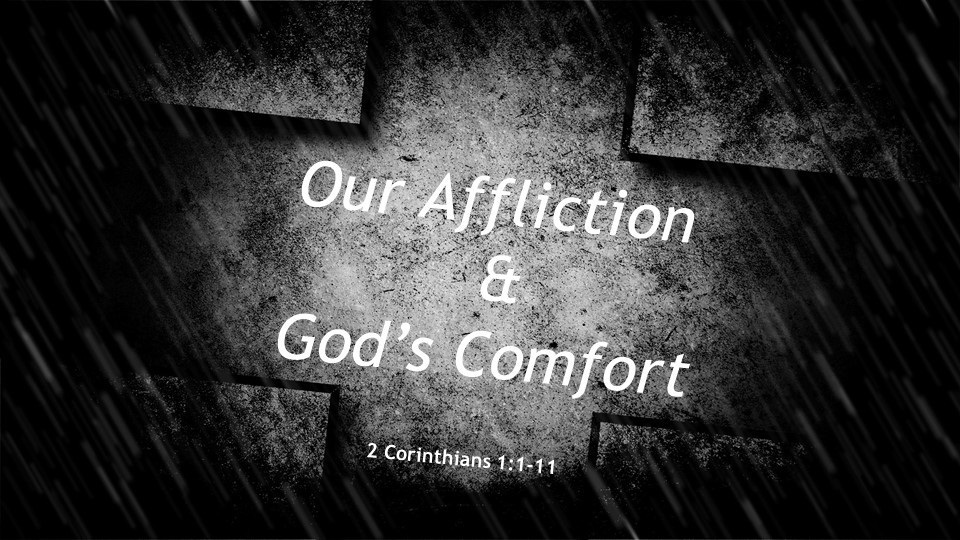
When I was a young teen, my favorite Christmas carol was What Child Is This written by William Dix in 1865. The story behind this song, like last Friday’s, is one that clearly shows how blessing can come from affliction and that there’s healing in focusing on Jesus rather than on our personal hurt and trials.
Mr. Dix had become deathly ill and bedridden. He became severely depressed and almost died. During his recovery he had a spiritual renewal. He picked up his Bible and read it from cover to cover. It was then that he began writing hymns and poems. The lyrics to this much-loved Christmas carol came from a poem he had written entitled, Manger Throne.
What Child is this who, laid to rest, On Mary’s lap is sleeping?
Whom angels greet with anthems sweet, While shepherds watch are keeping?
This, this is Christ the King,
Whom shepherds guard and angels sing;
Haste, haste to bring Him laud, The Babe, the Son of Mary.
Why lies He in such mean estate, Where ox and lamb are feeding?
Good Christians, fear, for sinners here The silent Word is pleading.
Nails, spear shall pierce Him through, The cross be borne for me, for you;
Hail, hail the Word made flesh, The Babe, the Son of Mary.
As you read and/or listen to these Decency Minute scripts, we urge you to focus on the Babe of Bethlehem who was born to die that we might live. Without the affliction and shame of the cross followed by the resurrection, there would not be the beauty of salvation.
(Be sure to check out the update to yesterday’s article at the end of this alert.)
Having been a public school teacher and also involved with homeschooling my grandchildren, I encourage children to read, but I’m disgusted by what’s offered through our libraries and book fairs today.
Scholastic nearly has a monopoly on school book fair programs across the United States and publishes books aimed at the detriment of our children and, as such, our nation. Scholastic books contain explicit language, inappropriate images, and gender transitioning which can serve to sexualize a child’s thinking early on. That’s just the tip of the iceberg; Scholastic poses a titanic problem.
In contrast, Kirk Cameron is helping launch a new project as an advisory board member of SkyTree Book Fairs, a non-profit organization. SkyTree Book Fairs “gives parents and schools a healthy, wholesome alternative to Scholastic.”
Reading is fundamental, but so is protecting your child; say no to Scholastic!
Children need wholesome books; check into SkyTree Book Fairs!
 Due to the atrocities in Israel and Gaza, some would leave the second candle of Advent, symbolizing peace, unlit this year.
Due to the atrocities in Israel and Gaza, some would leave the second candle of Advent, symbolizing peace, unlit this year.
One Firebrand article aptly states: “In times of war, lighting the peace candle is more important than ever. It is a reminder that ‘The light shines in the darkness, and the darkness has not overcome it.’ To extinguish that candle—or not light it all—suggests not solidarity, but hopelessness. Instead, Christians are called to resist the dark forces of this world, proclaiming the Lordship of Christ over every rule, authority, power, and dominion, both in this age and the age to come. Our hope comes from fixing our eyes not on the darkness that surrounds us, but on what is unseen—that which is eternal…”
The peace candle points to the Prince of Peace who’s greater in power than the suffering and sorrow that surrounds us.
It’s the week before Christmas, and the world is rife with anticipation. Children are counting down to when they can open their presents. Grownups are preparing for Christmas parties. Last minute touches are being made to decorations.
This anticipation is a wonderful reminder of how, as the old carol sings, “Long lay the world in sin and error pining till He appeared and the soul felt its worth! A thrill of hope, the weary world rejoices, for yonder breaks a new and glorious morn!”
As we look forward to Christmas next week, meditate on the weary world awaiting the promised Messiah, just as we today look forward to the coming of Christ.
Galatians 4:4a tells us, “But when the fullness of time had come, God sent forth his Son, born of woman…”
Our response must be the same as the shepherds: fall on your knees and worship the King.
In contemporary America rarely would anyone tie affliction and blessing together, yet the puritans regularly looked at it that way. They sought the Hand of Providence in affliction, saw it as a blessing, and praised God for it.
William Bridge: “What is affliction? Affliction is all that is contrary to one’s will; thereby God eats out the core of our wills. Whensoever therefore you meet with any affliction, pray over it and beg that God would eat out the core of your wills thereby; and the more the core of your wills is eaten out, the more willing will you be to suffer for the name of Jesus Christ.”
Thomas Brooks: “Shall we bind God to give us a reason of His doings, who is King of kings and Lord of lords and whose will is the true reason and only rule of justice? If the general grounds and reasons that God hath laid down in His Word, why He afflicts His people – namely, for their profit (Heb. 12:10); for the purging away of their sins (Isa. 1:25); for the reforming of their lives (Ps. 119:67, 71); and for the saving of their souls (I Cor. 11:32) – should work them to be silent and satisfied under all their afflictions though God should never satisfy their curiosity in giving them an account of some more hidden causes which may lie secret in the abyss of His eternal knowledge and infallible will.”
 Perhaps most all encompassing are these words from William Gurnall: “Truly, none of our temporals (whether crosses or enjoyments), considered in themselves abstractedly, are either a curse or a mercy. They are only as the covering to the book. It is what is written in them that must resolve us whether they be a mercy or not. Is it an affliction that lies on thee? If thou canst find it comes from love and ends in grace and holiness, it is a mercy, though it be bitter to thy taste. Is it an enjoyment? If love doth not send it and grace end it, it is a curse, though sweet to thy sense.”
Perhaps most all encompassing are these words from William Gurnall: “Truly, none of our temporals (whether crosses or enjoyments), considered in themselves abstractedly, are either a curse or a mercy. They are only as the covering to the book. It is what is written in them that must resolve us whether they be a mercy or not. Is it an affliction that lies on thee? If thou canst find it comes from love and ends in grace and holiness, it is a mercy, though it be bitter to thy taste. Is it an enjoyment? If love doth not send it and grace end it, it is a curse, though sweet to thy sense.”
IF you’re looking for a more contemporary spin regarding affliction and blessing, I would point you to Laura Story’s song Blessings – click here.
 UPDATE!
UPDATE!
For those who read yesterday’s article, just a few hours after we sent it out, our modern Boniface made his entrance. Michael Cassidy, a former military officer and congressional candidate, knocked over the display, through the demon head in the trash, and turned himself into the police, saying, ““My conscience is held captive to the word of God, not to bureaucratic decree. And so I acted.” Read more at the Republic Sentinel.
To view this article in your browser, Click Here
For more information, articles and newsletters, please check out our website at https://americandecency.org/
You can support ADA financially by visiting: https://give.cornerstone.cc/americandecency

Call us:
231-924-4050Email us:
info@americandecency.orgWrite us:
American Decency AssociationCopyright 2025 American Decency